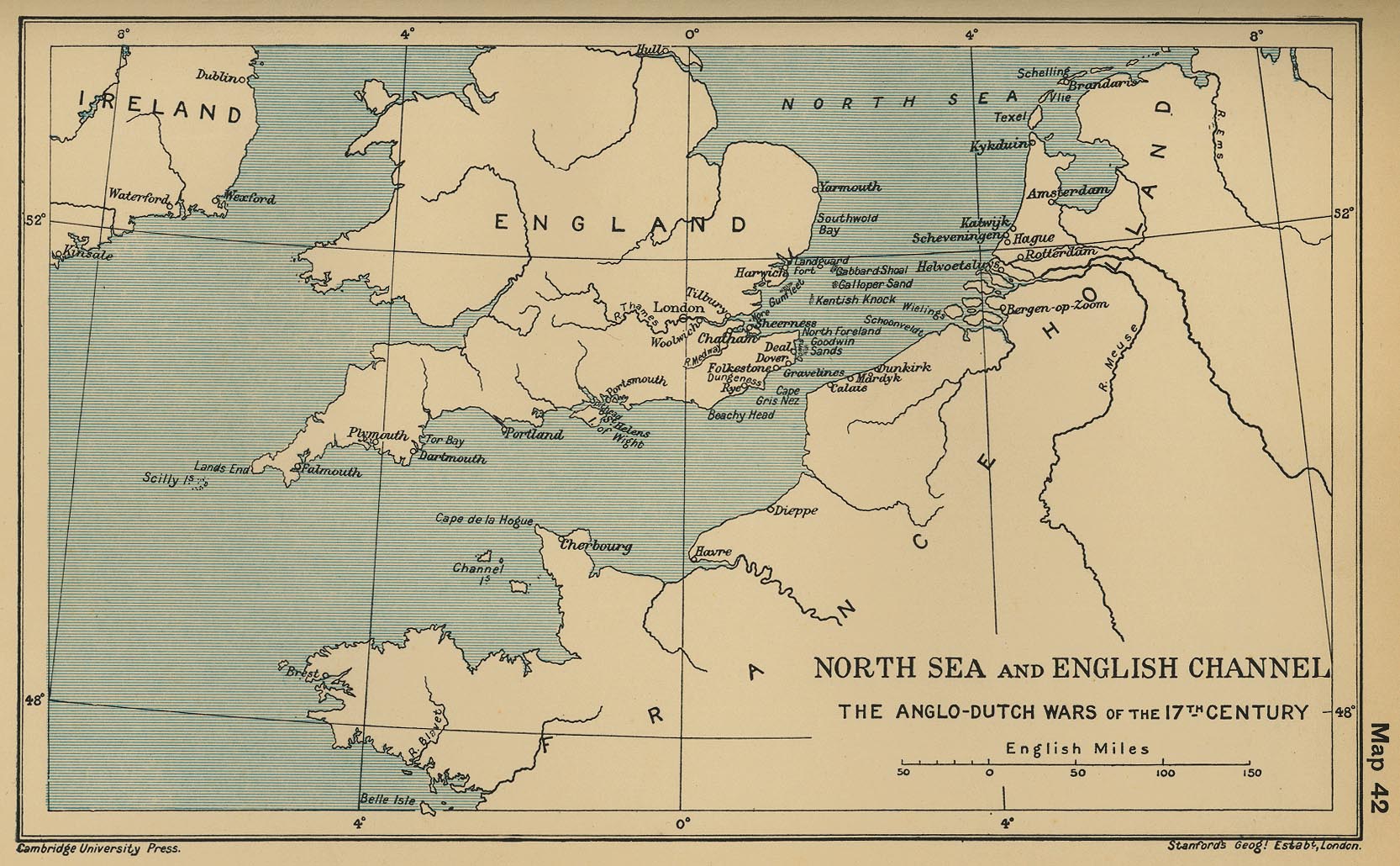The English Channel hardly ever has winds of hurricane force. Certainly the wind is very strong up on the cliffs of Dover (which I was almost blown off, on a horribly wet and windy dawn last December) but that's because they are high. The weather in the Channel is no worse than that over any sea in the area, and in summer it's perfectly fine. If it were really that bad, the Straits of Dover wouldn't be the busiest stretch of sea in the world!
true, true,
but it does get that bad in winter.
gale winds of a force 6+ are not that rare. (in winter)
and that is more than enough to sink your galley.
its a very good thing that us Britons always (yes,i am excluding the 1066 debacle, as well as the roman invasion) had a proper navy, and load of luck.
otherwise we'd all be French

back on topic, its still rather hard to make a any kind of crossing, unless its in good weather.
and that is rare enough out there.
notice how many successful invasions of britain have been effective.
and its not for lack of trying.
as far as i know, the only people to actually managed a sustained invasion were the Scandinavian (Danes, Norwegians and some Germans)
but they had killer boats!
and were mostly non hostile (demanding tribute once in a while is not aggressive. sacking your town is)










 But you could easily see both sides.
But you could easily see both sides.